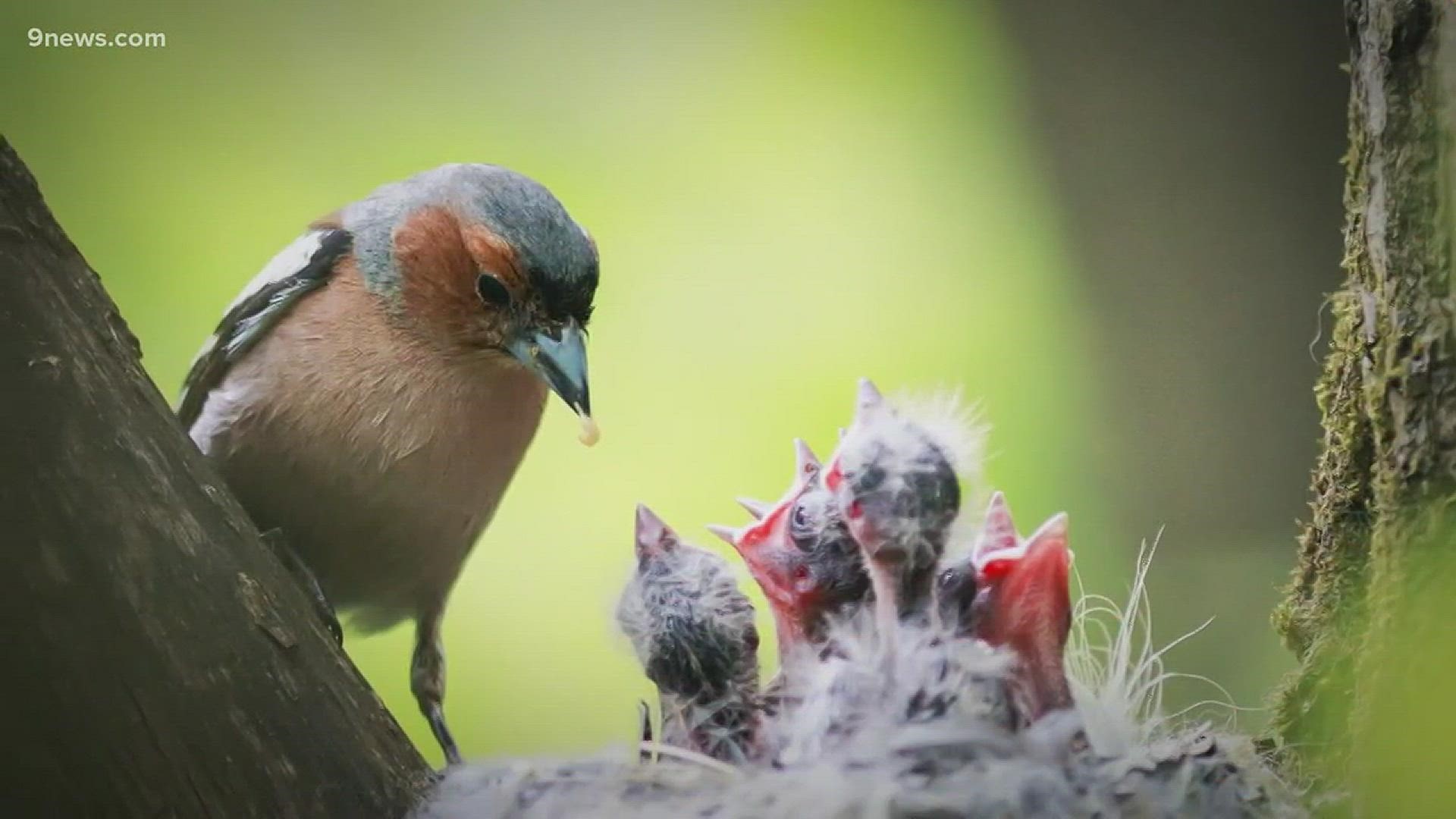Meteorologist Becky Ditchfield recently had an opportunity to speak with Rob Brynda, the Curator of Fish and Invertebrates at the Denver Aquarium, about how freshwater trout in Colorado's mountains are affected by our snowpack and temperatures.
Q: What kinds of trout live in Colorado's mountains?
A: Many varieties. Some are not native and have been brought in for sport fishing. Others are native, like Colorado's state fish the Greenback Cutthroat Trout. It is considered endangered.
Q: What type of environment do these trout like to live in?
A: Typically most trout species like cool, highly oxygenated water like what we have in our higher streams and rivers.
Q: How long will trout live in the wild?
A: Three to five years.
Q: What happens to trout when the rivers and streams warm up?
A: When the water temperature goes up, the trout become stressed. We've had, last year, some stream and river temperatures going up almost 20 degrees in some areas, which caused a lot of stress to our trout populations. Warmer temperatures could also impact insects that are hatching, so it may impact their diet as well.
Q: What does "stressed" mean?
A: They have to gill, or respire, harder when the water temperature goes up. They may become more lethargic and not feed as much as well.
Q: Does their population go down if they become too stressed?
A: If the water temperatures get too high it can cause mortalities as well.
Q: Will they try to search for cooler areas?
A: They may migrate, they may try to go deeper, if that's an option for them. If they are located in a fairly long stream or river where the water level stays low, then they don't, or may not have enough area to move or find cooler water.
Q: What does Colorado do to protect the trout population?
A: Colorado Parks and Wildlife constantly monitors the trout population. Last year, they suggested restrictions on not fishing during warmer periods to help prevent additional stress.
Q: Based off this year's snow pack, what does this year look like?
A: Hopefully the stream flows will be increased and we'll have nice, cool water for trout populations and that will hopefully reduce stress levels, so they will be able to feed better and their populations will be better overall.
SUGGESTED VIDEOS | Science is cool

